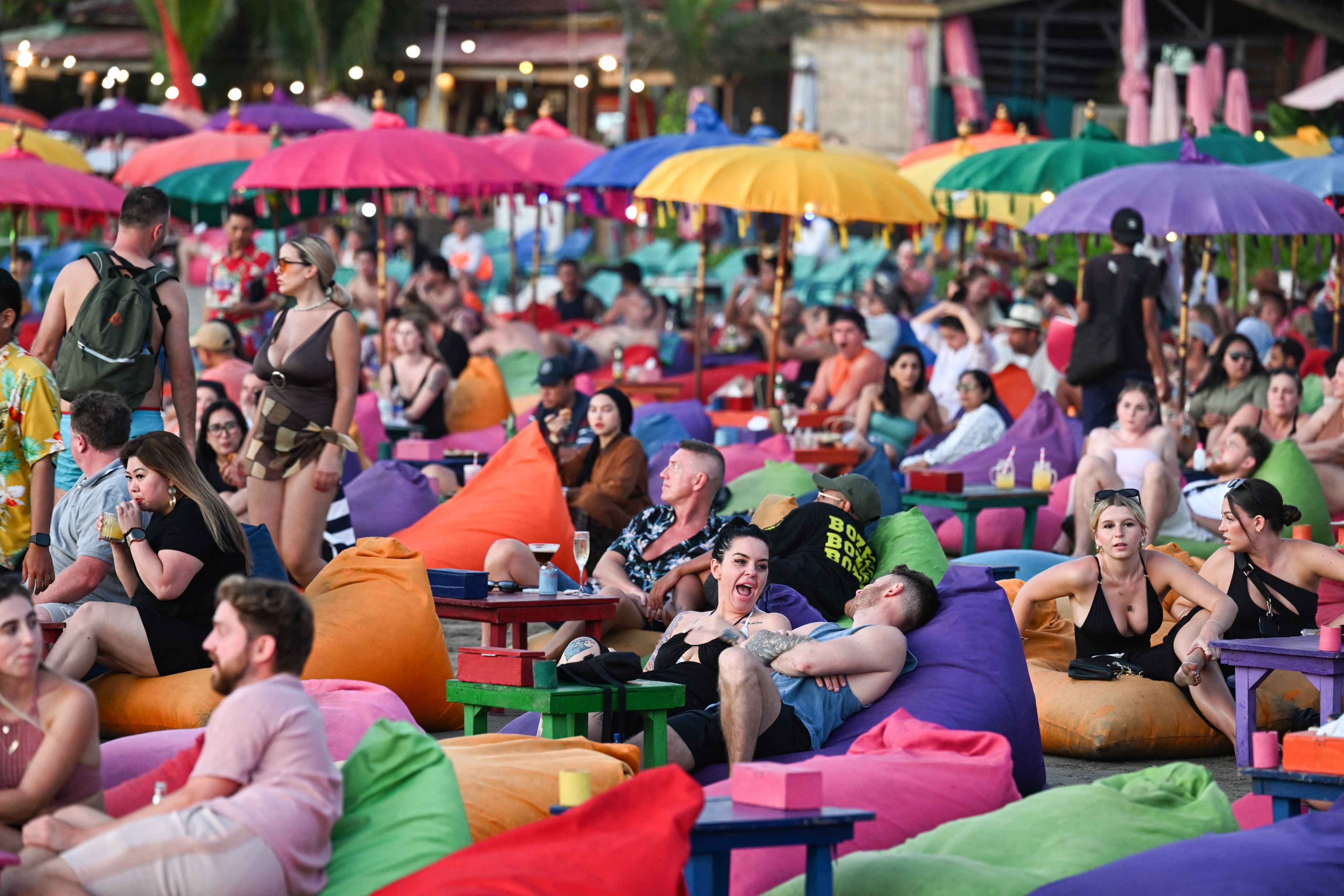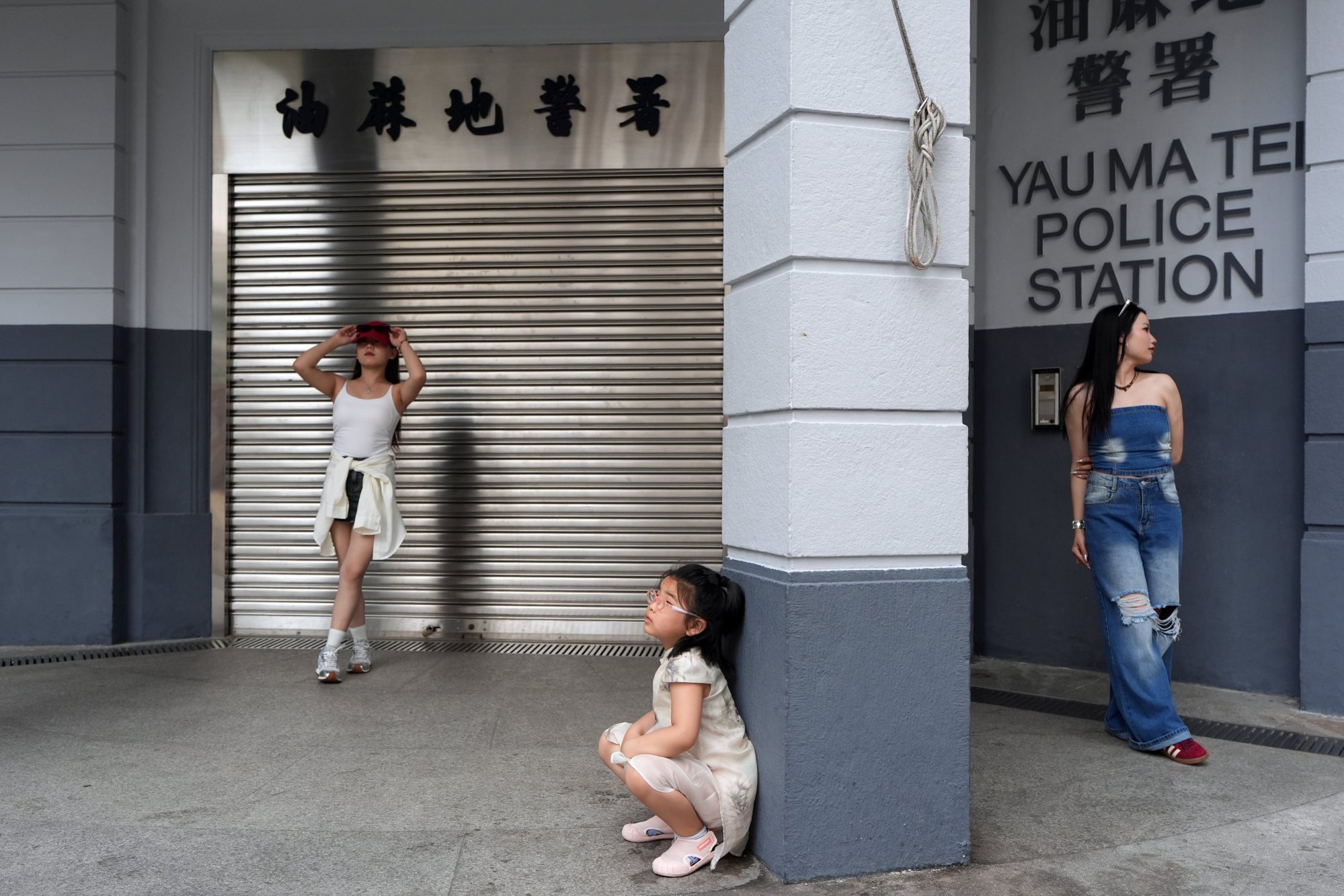Mark Twain was wrong. Travel is not as fatal to prejudice as hoped
For every traveller open to learning from our differences, there is another impregnably confident in the superiority of his or her culture

Mark Twain, in his bestseller The Innocents Abroad, commented on travel as the great unifier: “Travel is fatal to prejudice, bigotry and narrow-mindedness, and many of our people need it sorely on these accounts. Broad, wholesome, charitable views of men and things cannot be acquired by vegetating in one little corner of the earth all one’s lifetime.”
A Hong Kong government investing heavily in tourism promotion to charm its way back into the good books of communities worldwide after our 2019 street riots and clumsy management of the Covid-19 shutdown would earnestly endorse the sentiment.
But the evidence suggests Twain’s intuitively persuasive argument is tragically wrong. Despite global travel at record levels – an estimated 1.4 billion international tourists were recorded last year, with 357 million jobs or 10 per cent of all jobs globally being connected to the travel and tourism sector – bigotry, prejudice and narrow-mindedness seem alive and well.
Two centuries of increasingly intensive international travel ought to have driven steady progress towards peace and international cooperation. Instead, we see ruinous wars and conflict, a rising tide of nationalism and opposition to immigration, as well as a surge in protectionism.
US President Donald Trump’s tariff assault on a world he claims has been “ripping off” the United States for decades shows that not only tourism but also international trade provided little inoculation against bigotry, prejudice and narrow-mindedness.
Why have we been so spectacularly wrong? First, many international tourists are poor ambassadors against prejudice. A family taking a limousine from Bali’s airport to their exclusive resort is unlikely to notice or wish to note the poverty they drive through.
Few will emerge from the sumptuous confines of their hotel to learn anything about the community living outside its walls or be aware of local resentment that a week’s stay for a family at a luxurious resort can cost more than a Balinese family’s annual income.
Tourists can also be resented for the simple reason that they are enjoying leisure time: it can be deeply irritating to watch others at leisure when you are in the middle of a stressful working day, even if you will soon be taking your holiday too. A tourist at leisure, no matter how well-behaved, can still radiate a wealth and privilege that locals can resent.
This has arguably been an important irritant among some of the less privileged here in Hong Kong. Locals who were able four decades ago to be treated like kings across China’s impoverished interior, are today serving mainland tourists who are conspicuously wealthier than themselves. China’s rise has been impressive, but it has also aroused jealousies.
Second, much of tourism is structured to minimise the distance travellers need to move beyond their zone of comfort or safety. Large groups are often transported to curated, tourist-friendly settings that don’t challenge entrenched stereotypes or expose travellers to cultural or historical differences. The demand for Instagram-able photos in front of globally iconic landmarks also leans towards a superficial travel experience.

Third, is that mass media and social networks can shape opinions towards other communities much more powerfully than travel. This is a particularly potent problem when those keen to travel and experience other cultures are inclined to be liberal and open-minded, while the politically conservative in a community – those who actually need to be exposed to foreign cultures for prejudice to be broken down – will be much less interested in travel, and far more happily served by the echo-chamber influences of social media.
I vividly recall a cruise to Alaska from Vancouver that I took a decade or so ago. With more than 1,500 people on board, it was quickly clear that over 90 per cent were Americans. Most of the passengers, having visited almost all the other US states, were “ticking the box” on the country’s 49th. By the end of the first evening, each dinner table was organised around the US states – Texans sitting with Texans, Louisianans with Louisianans and so on. My British family and I were impossible to fit in, and so spent the week travelling on the margins.
These were rich and regular travellers, but many had never travelled beyond the US and had no interest in doing so. Even when in America with Americans, their default was to seek out companions from their home state.
Extensive travel does not necessarily mean moving outside your comfort zone – this phenomenon contributes to understanding why the steep rise in international travel has done so little to erode prejudice, bigotry or narrow-mindedness. So many of those keenly in need of foreign exposure manage to successfully avoid it.
This story need not be entirely bleak. There are still millions of travellers who arrive well informed, eager to understand other cultures and committed to “destination stewardship”. During a visit to the Hobbiton Movie Set in Matamata, New Zealand, about an hour from Hamilton, I was impressed by the dozens of mainland Chinese families whose children knew more about Bilbo Baggins than I did, and who were busy buying Hobbit memorabilia to take home to their schoolmates across China.
International travel can and often does help to break down barriers between countries and cultures. For every “missionary” traveller who carries impregnable confidence in the superiority of his or her culture, there is an “exploratory” traveller whose eyes and ears are open to learning from our differences. But perhaps the claims made of travel as a unifier of the species have been overdone.